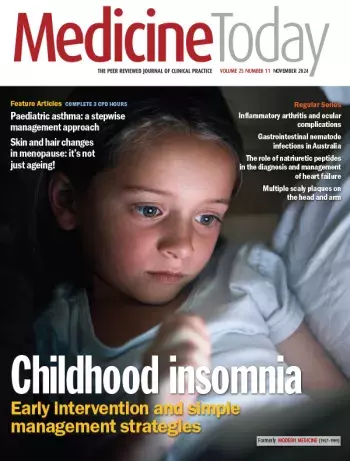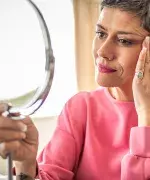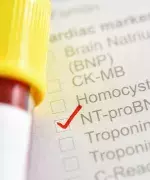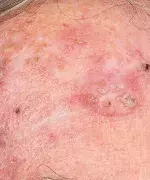Peer Reviewed Feature Articles
Peer Reviewed Regular Series
In Brief Clinical news with comment from local experts
Newsbites

Physician-authored summaries and commentary on the most important medical research, provided by the NEJM Group, a division of the Massachusetts Medical Society.
© Massachusetts Medical SocietyAlzheimers Res Ther, Nat Med









